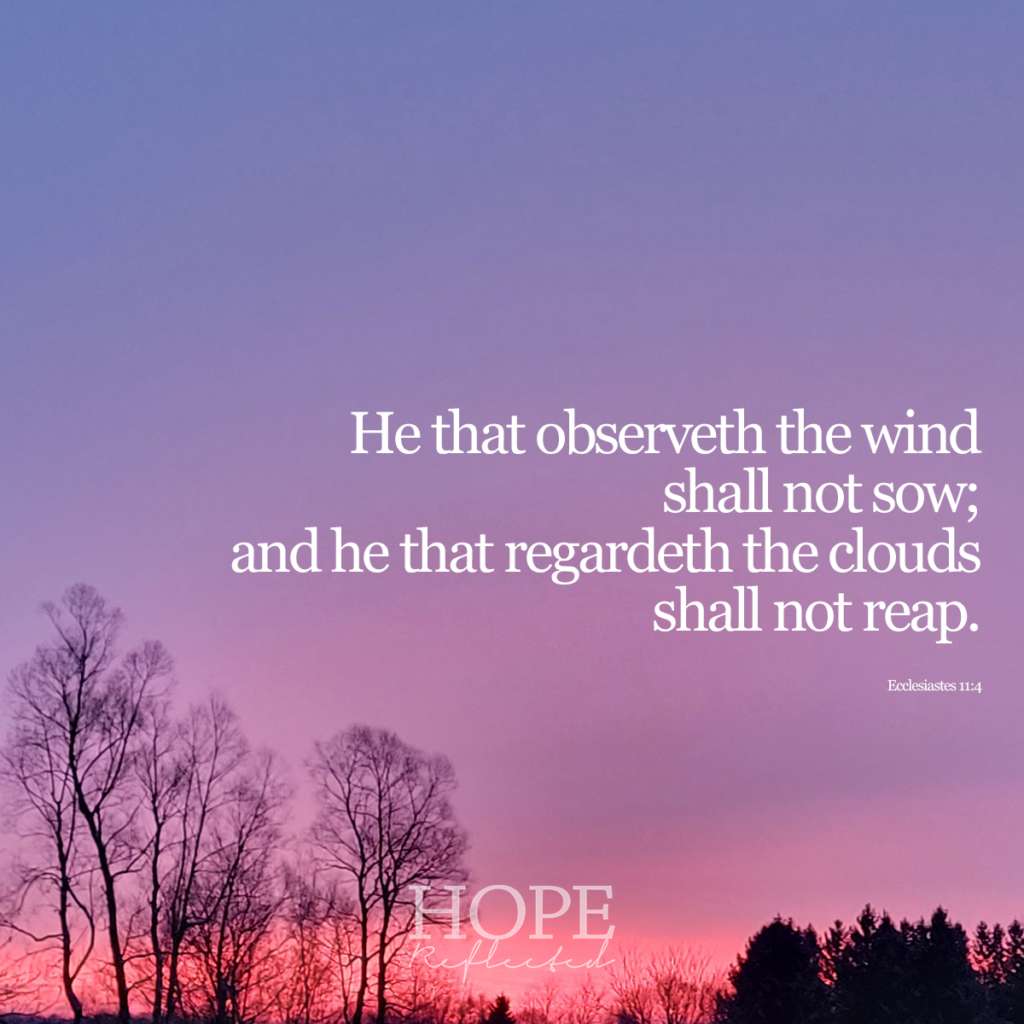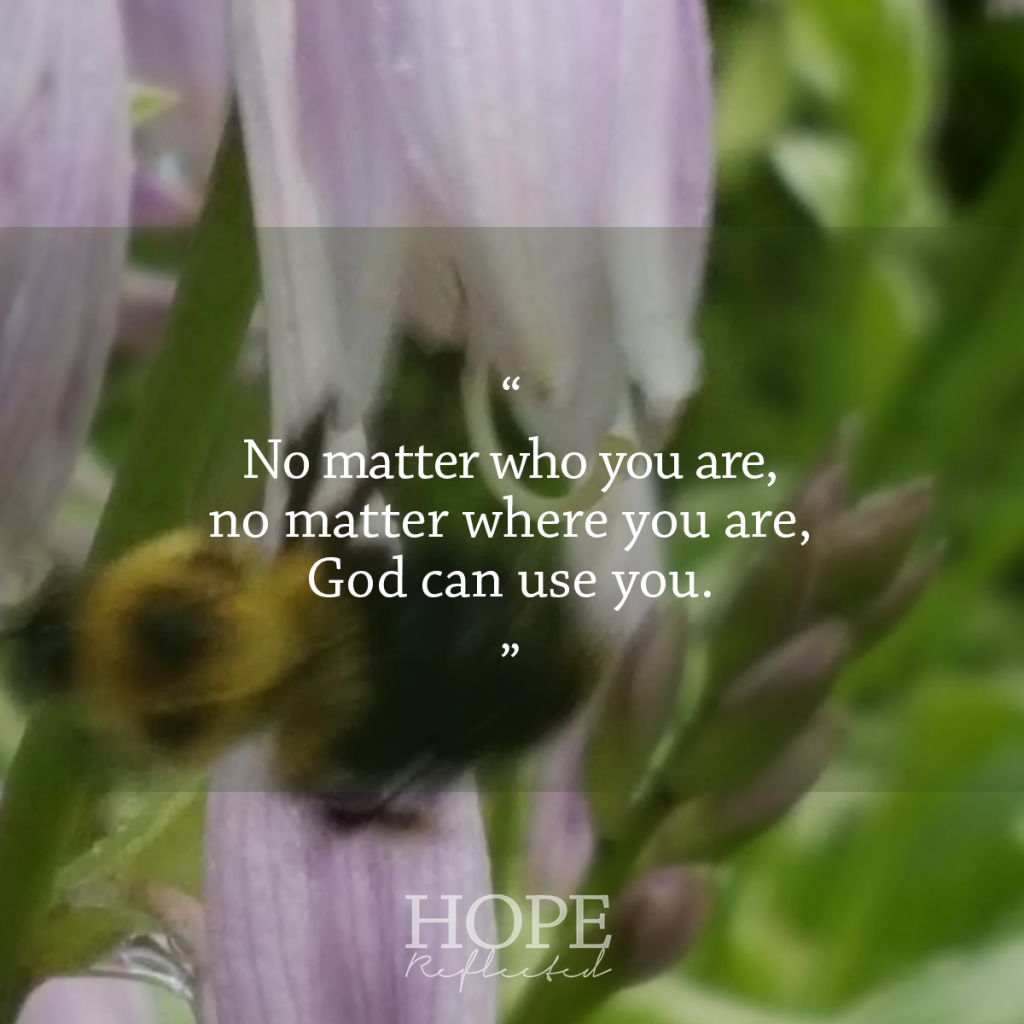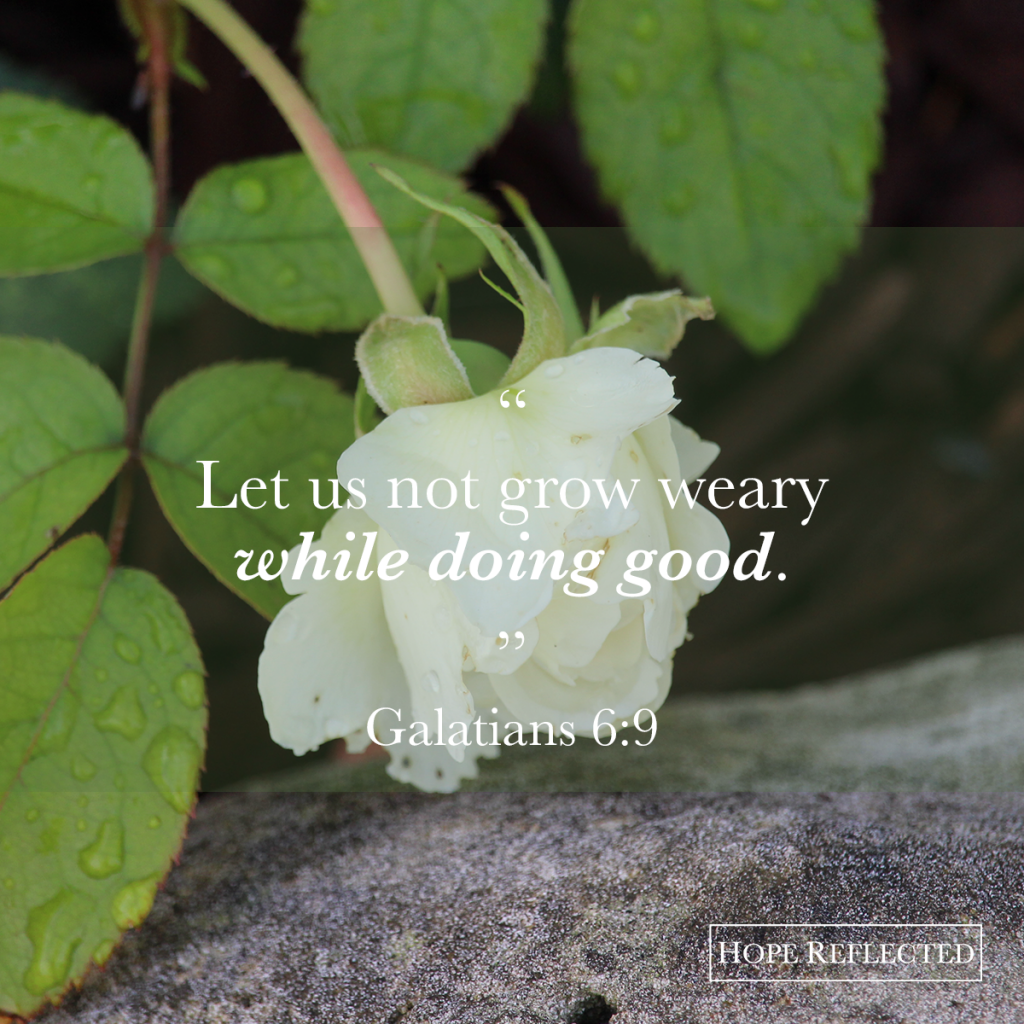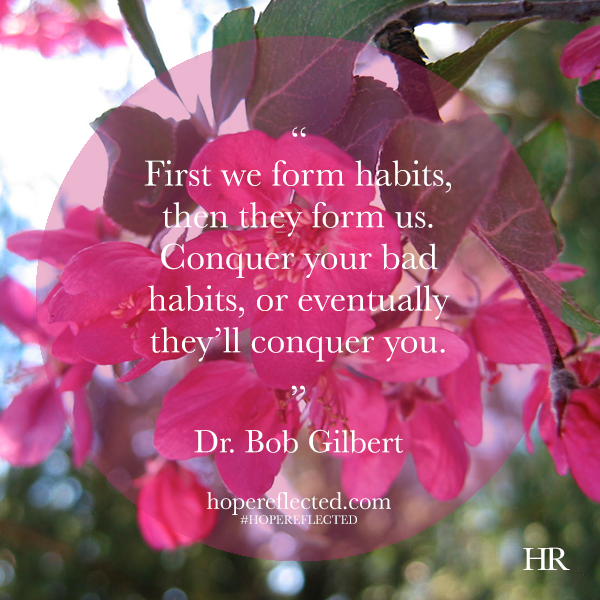Don’t be weary in well-doing
Written by H, Posted in Christian Living, Published Work
You can’t reap if you don’t sow

There’s an old saying that goes something like this: If you wait until the time is perfect to do something, you’ll never do anything. As Solomon—considered to be the wisest king in history—wrote in the book of Ecclesiastes, “He that observeth the wind shall not sow; and he that regardeth the clouds shall not reap.” (11:4). It doesn’t require any experience with farming to understand that if you don’t sow then you can’t reap. The same is true in all areas of life; not just in agriculture.
“Be not deceived”
Paul wrote in his letter to the Galatians, “Be not deceived; God is not mocked: for whatsoever a man soweth, that shall he also reap. …let us not be weary in well doing: for in due season we shall reap, if we faint not.” (Galatians 6:7, 9).
Eventually, we will harvest the seeds that we spend our time in life planting.
The question is, will the harvest be good?
Farmers know that the harvest season is hard; there’s a lot of labour that goes into reaping and gathering everything that was planted earlier in the year. The timing’s got to be just right for successful sowing and to reap the rewards of, well, reaping.
Now just imagine if a farmer allowed him or herself to be distracted by the winds or the clouds and as a result didn’t sow any seeds or gather the harvest?
They’d be at great risk of losing everything.
The same is true with how we spend our lives.
Paul wrote “Be not deceived” because many people are deceived. They think they have time to waste, that they can “have fun” now and get serious later; that “finding God” means never having any “freedom” again; that they are entitled to collect benefits without working at all; that they should live for today without thought for tomorrow.
Don’t put off until tomorrow what you can do today
The trouble is for many that tomorrow will come more quickly than they realize. Every person, regardless of what they believe, Christian or non-Christian – we will all reap what we sow.
Just like the farmer in Ecclesiastes 11:4, when we put off doing the right thing because we’re waiting for our own convenience or for the right time, then we won’t ever do the right thing, and we won’t ever receive the rewards thereof.
Paul encouraged Christians to “not be weary in well doing:” (Gal. 6:9).
Why?
Because well-doing can be wearying!
When we look around us and see the world rewarding bad behavior, coddling criminal activity, and celebrating sin, it’s hard to watch. It can be wearying to continue to in well-doing when the world is telling us that we are wrong.
“You reap what you sow, later than you sow, and more than you sow.”
Dr. Charles Stanley
The late Dr. Charles Stanley famously said, “You reap what you sow, later than you sow, and more than you sow.”
This principle applies to every life.
When we’re feeling weary, this is important to remember.
Tomorrow is coming, The “due season” is dawning. Until then, our job is not to be observing the wind or regarding the clouds, but pressing on and not being weary in well-doing.






![False friends or counterfeit kindness; whatever you want to call it, the world is filled with people who will say one thing to your face and then another behind your back; people who will woo you in order to get something from you.
It’s sad, but it’s true.
The Bible provides us with examples from Joab to Judas, and yet, we’re surprised when we find ourselves deceived and hurt by someone else.
So what are some of the hallmarks of a true friend?
You can read more about this on hopereflected.com [Link in profile]
.
.
.
#friends #friendship #kindness #counterfeitkindness #hurt #proverbs #truefriends #hopereflected #blog #blogpost](https://www.hopereflected.com/wp-content/plugins/instagram-feed/img/placeholder.png)